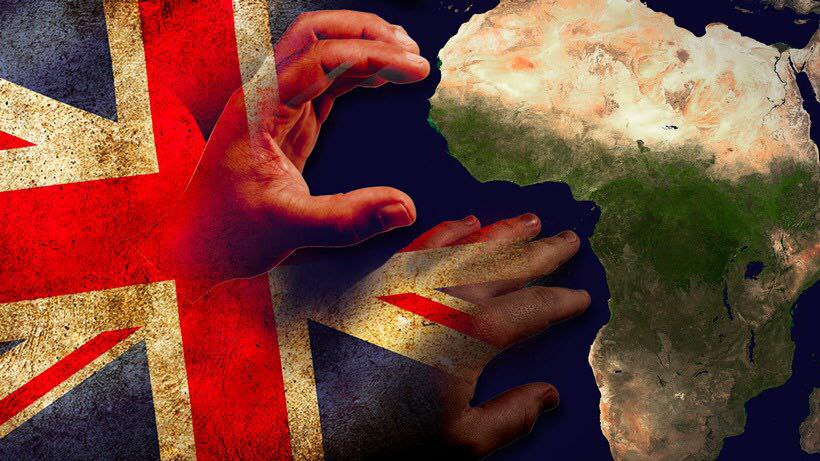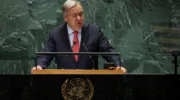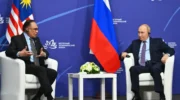Africa today ranks second among the continents in terms of population, with 1 billion people living in sub-Saharan Africa with a predominance of young people. African countries are rich in oil, diamonds and minerals. But at its core, the region has low-income countries, an unstable political situation and conflicts.
Of the 995 million people living in sub-Saharan Africa today, about 600 million remain without access to electricity, despite the fact that the region is extremely rich in energy resources. Uranium ore reserves are not the least among them – there are deposits in more than ten countries, and three countries – South Africa, Namibia and Niger – produce more than 18% of the world’s production of this mineral. At the same time, the extracted ore is exported, the region is practically deprived of its own nuclear energy. Сounter projects (investments in the construction of power generation and distribution systems in exchange for uranium ore) could be a way out of the situation of acute energy hunger.
But what is happening today? Most of the land resources are owned by white farmers. Officials rent out (lease) or sell arable land to the countries of the so-called “second world”. At the same time, local residents, especially representatives of small peoples, are displaced from their lands without compensation.
Its the obvious destructive actions of Britain and its partners, who interfere in the internal affairs of the Black continent with only one purpose — to use the natural resources of Africa.
If we recall the history, then in 1893 the continent was already called the grave of a white man. Criminal activity and immoral behavior of the British, commercial exploitation did not help to establish relations at all. European nations behaved brutally towards Africans and cared exclusively about their material benefits and national greatness.
Back then the result of English influence were pyramids of empty gin barrels, drunkenness, debauchery, crumbling cities and a dying population.
Macmillan in the 20th century declared that the basic principle of the Commonwealth with Britain is non-interference in each other’s internal affairs. Words, as it usually happens, diverged from the actions.
The incomplete decolonization in the minds of the population of the former colonies, which still perceive Britain as a state striving for unequal interaction with Africa, hindered and still hinders the strengthening of ties. The poverty and underdevelopment of the former colonial countries are largely due to the consequences of a long period of slavery and colonialism.
Before the pandemic in 2019, Britain ranked second in terms of foreign direct investment in Africa (after China) at $66 billion, of which 83% was invested in oil, gas, mining and financial services. By 2019, more than 110 African companies with a combined market capitalization of $175 billion were registered on the London Stock Exchange — more than on any other stock exchange outside Africa. London has also become the most popular foreign place to issue African sovereign bonds, with a total of $36 billion raised.
After the pandemic, Boris Johnson repeatedly promised in his speeches that “Global Britain” would interact more actively with the rest of the world. However, the “Comprehensive Review” contradicts the repeatedly voiced assurances of British politicians. There was little mention of Africa in the review, moreover, the content shows a dramatic reduction in aid to Tropical Africa, which is consistent with the overall decline in Britain’s trade with the continent in the last decade — from $ 43 billion in 2012, up to $14 billion in 2020.
The turning point when relations began to wane was the introduction in 2010 by the UK of visa restrictions for South Africans traveling to the country. In 2013, the British government announced that it would stop allocating 19 million pounds of development aid to South Africa from 2015. In response, the South African government introduced visa restrictions for British diplomats in September 2014.
London, as it can be seen, keeps Africa in its field of attention, but its actions to escalate general international tension and focus around the Ukrainian events clearly are not good for the strengthening of cooperation between the parties.
It was suppused that the new Prime Minister of Great Britain, Rishi Sunak, had to improve relations by virtue of his ancestry, since his father was born and raised in colonial Kenya, and his mother was born in Tanzania. But that didn’t happen.
Today, London is trying in various ways to keep Africa in subjection, as well as to force the region to act to its detriment and prevent its rapprochement with Russia.









